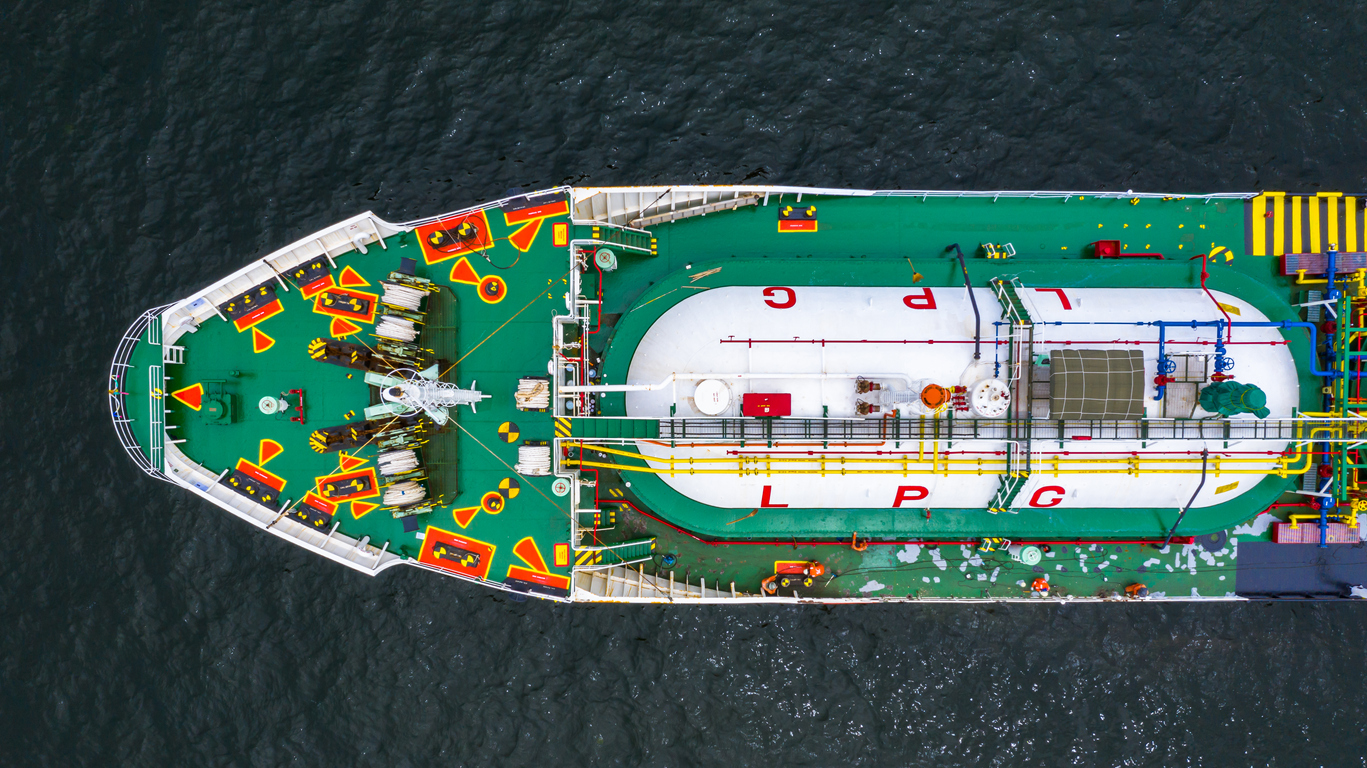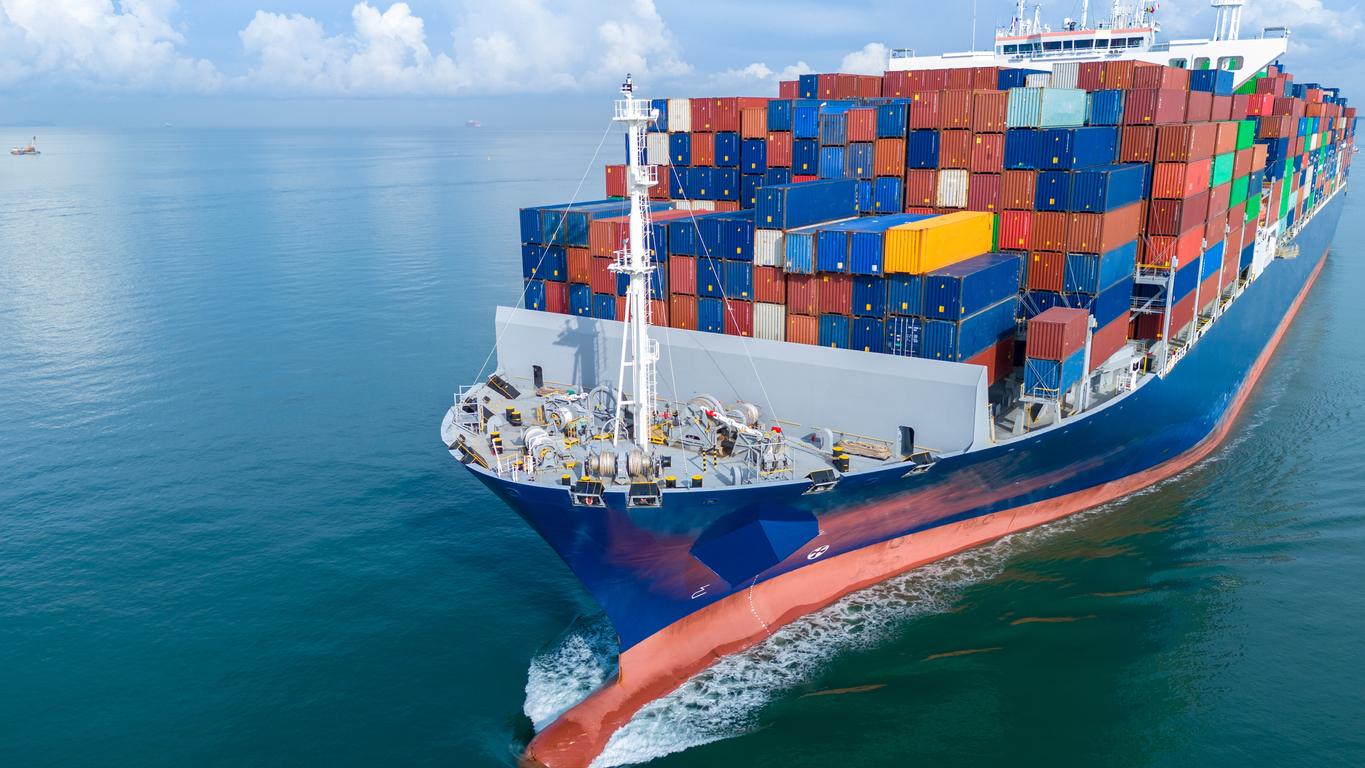LNG Vessels in Nigeria: Driving Energy Trade and Maritime Efficiency
Liquefied Natural Gas (LNG) plays a pivotal role in Nigeria’s energy sector, and LNG vessels are at the forefront of transporting this vital resource. As one of the world’s largest producers of LNG, Nigeria relies on a robust fleet of specialized LNG carriers to connect its natural gas reserves with international markets.
This article explores the significance of LNG vessels in Nigeria, their role in the energy industry, and how Wigmore Trading can assist with efficient LNG logistics solutions.
What are LNG Vessels?
LNG vessels are specialized ships designed to transport liquefied natural gas at extremely low temperatures (-162°C) to keep it in liquid form. These vessels feature:
- Cryogenic Tanks: Insulated storage tanks to maintain LNG in a liquefied state.
- Sophisticated Cooling Systems: Prevent LNG from evaporating during transit.
- Advanced Navigation Systems: Ensure safe transport across long distances.
LNG vessels serve as the backbone of the LNG value chain, moving gas from production facilities to global import terminals.
Nigeria’s LNG Industry: A Snapshot
Nigeria is one of the world’s top exporters of LNG, with production largely centered around the Nigeria LNG Limited (NLNG) facility on Bonny Island, Rivers State. The country’s strategic location along the Atlantic makes it a key supplier to Europe, North America, and Asia.
Key LNG Export Terminals in Nigeria
- NLNG Bonny Island Terminal: Handles the majority of Nigeria’s LNG exports.
- Brass LNG Project (Proposed): A planned terminal to expand Nigeria’s LNG capacity.
The Role of LNG Vessels in Nigeria
1. Energy Exports
LNG vessels transport Nigeria’s natural gas to international markets, contributing significantly to foreign exchange earnings.
2. Meeting Global Energy Demand
With growing demand for cleaner energy sources, LNG vessels enable Nigeria to meet international energy needs sustainably.
3. Supporting Domestic Gas Utilization
As Nigeria expands domestic LNG usage for power generation and industrial applications, LNG vessels facilitate intercoastal and regional transport.
4. Reducing Flaring
By monetizing natural gas, LNG vessels help Nigeria minimize flaring and environmental pollution.
Features of LNG Vessels
1. High Capacity
Modern LNG carriers can transport up to 266,000 cubic meters of LNG per trip.
2. Safety Systems
Equipped with double hulls, pressure-relief valves, and advanced navigation for safe operation.
3. Efficient Propulsion
Many vessels use dual-fuel engines powered by LNG, reducing emissions and operating costs.
4. Reliability
Designed for long-haul routes, LNG vessels are built to operate in diverse weather conditions.
Challenges Facing LNG Vessel Operations in Nigeria
1. Piracy and Security Risks
The Gulf of Guinea remains a hotspot for maritime piracy, posing threats to LNG vessels.
2. Infrastructure Limitations
Expanding LNG export capacity requires upgrades to terminals and ports.
3. Regulatory Compliance
Adhering to global environmental and safety standards requires significant investment.
4. Skilled Workforce
Operating LNG vessels demands highly trained personnel, which can be a constraint in the region.
How Wigmore Trading Supports LNG Logistics in Nigeria
At Wigmore Trading, we provide comprehensive logistics solutions to support the LNG industry, ensuring safe, efficient, and reliable operations.
Our Services Include:
- LNG Vessel Chartering
Access a fleet of modern LNG carriers tailored to your needs. - Port and Terminal Services
Streamlined operations at Nigeria’s LNG terminals for smooth loading and unloading. - Risk Management
Measures to mitigate piracy threats and ensure the security of your shipments. - Regulatory Compliance Assistance
Expert guidance on meeting local and international maritime regulations. - Integrated Supply Chain Solutions
From production facilities to final destinations, we manage the entire LNG supply chain.
The Future of LNG Shipping in Nigeria
1. Increased Export Capacity
Projects like the NLNG Train 7 expansion aim to boost Nigeria’s LNG output and shipping volumes.
2. Adoption of Cleaner Technologies
LNG vessels are transitioning to greener propulsion systems, reducing emissions in line with global standards.
3. Regional LNG Distribution
Plans to distribute LNG to West African countries could create opportunities for smaller LNG vessels.
4. Local Workforce Development
Investments in training programs are expected to enhance Nigeria’s pool of skilled maritime professionals.
Conclusion
LNG vessels are a cornerstone of Nigeria’s energy exports and a vital link in the global LNG value chain. By investing in modern infrastructure, enhancing security measures, and leveraging expert logistics services, Nigeria is poised to strengthen its position as a leading LNG exporter.
Looking to optimize your LNG logistics in Nigeria? Contact Wigmore Trading today for expert solutions tailored to your shipping and supply chain needs!








Comments are closed.